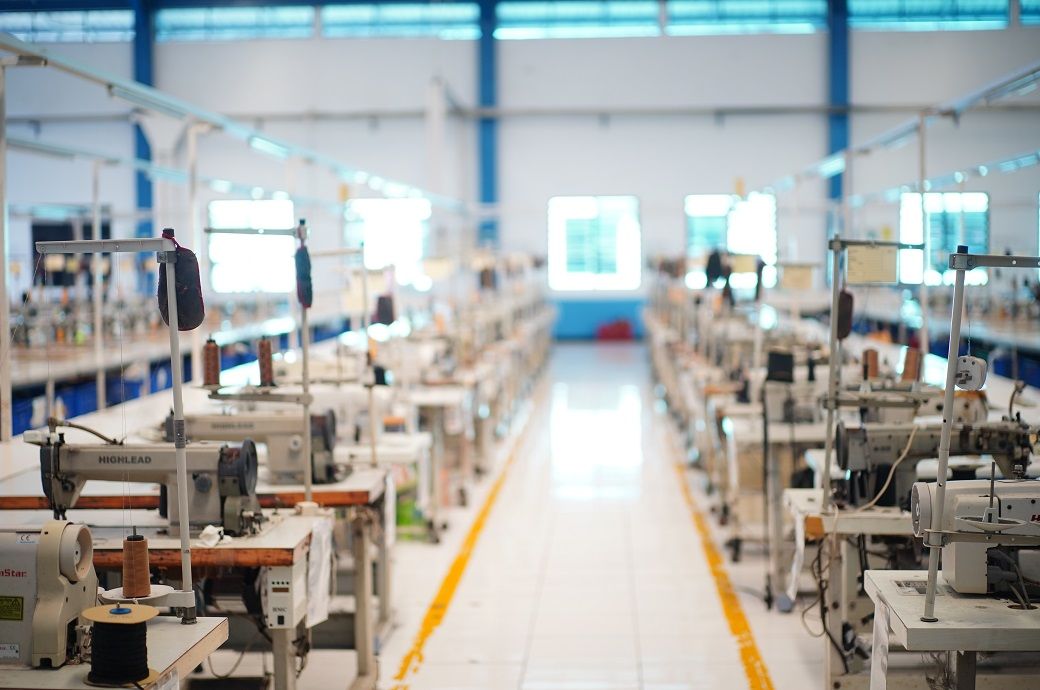
While two thirds of corporations have already experienced cost increases due to tariff and trade uncertainty, with the worst expected in future, companies expect costs to escalate further in both the short-term (73 per cent) and the long-term (72 per cent), the survey revealed.
Hit by rising costs, supply chain disruptions, tariffs and shifting trade policies, global businesses are rethinking their strategy and planned investments, an HSBC survey found.
Businesses expect an average 18-per cent drop in revenues due to supply chain delays.
Despite headwinds, optimism about expanding trade is strong, while 78 cent of firms is rethinking long-term business model.
Businesses also expect an average decline in revenues of 18 per cent due to supply chain delays, found the survey that covered over 5,700 firms across 13 markets.
Fifty-one per cent of respondents feel rising costs are the topmost concern for supply chain strategies and 85 per cent of corporations have revised or plan to revise their pricing strategy upwards to reflect higher costs or market changes.
Seventy-eight per cent of corporations is rethinking long-term business model. If tariff instability continues over the next two years, 43 per cent of companies will rethink their international expansion strategy and 39 per cent will shift their focus to domestic or regional markets.
Despite these headwinds, optimism about expanding global trade is strong. Eighty-nine per cent of businesses are confident in their ability to grow international trade over the next two years.
Businesses are also reconfiguring their supply chains and reassessing how and where they operate. Most are taking action or planning to carry out nearshoring (83 per cent) and reshoring (77 per cent).
Seventy-seven per cent said trade pressure has encouraged them to evolve and seek new opportunities. Many (58 per cent) have already adopted new technologies or platforms, 56 per cent have improved internal efficiency or cost structures and 51 per cent have developed new products or services.
The survey points to the emergence of new trade corridors in some of the markets surveyed and global businesses were noticed strengthening their relationships with key markets outside their borders.
Malaysia (61 per cent), Vietnam (52 per cent) and Bangladesh (54 per cent) are expanding their relationships with China; Bangladesh (65 per cent) India (54 per cent) and the United States (51 per cent) with Europe; and the United Kingdom (46 per cent), India (62 per cent) and Bangladesh (58 per cent) with the United States.
In some markets, optimism about international trade growth endures, led by India (96 per cent), to include Bangladesh (95 per cent) and the United Arab Emirates (94 per cent).
In line with the global positive outlook, larger businesses (those with a revenue over $2 billion) are confident about their ability to grow international trade over the next two years (82 per cent), although less so than the average (89 per cent).
They are also more likely to have adopted new technology or digital platforms in response to trade uncertainty in comparison to smaller businesses (those with a revenue of less than $500 million) at 63 per cent versus 56 per cent.
Larger firms are more cautious than smaller ones about their decision making and are more likely to have already delayed or paused investments.
This is despite larger companies having a much wider access to pools of working capital. Smaller firms on the other hand, are often more agile and quicker to make decisions despite lacking the capital depth of their larger counterparts, the survey revealed.
Fibre2Fashion News Desk (DS)

